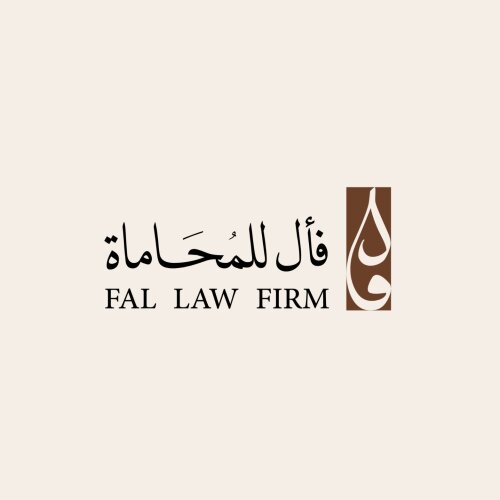Best Bankruptcy Lawyers in Riyadh
Share your needs with us, get contacted by law firms.
Free. Takes 2 min.
List of the best lawyers in Riyadh, Saudi Arabia

About Bankruptcy Law in Riyadh, Saudi Arabia:
In Saudi Arabia, including its capital city Riyadh, bankruptcy law governs the procedures and legal grounds for entities or individuals who cannot pay their debts to creditors. Bankruptcy law in the country has been undergoing modernization in recent years, with a new law implemented in 2018. This law provides a comprehensive legal framework consistent with international practices, offering a solution for bankrupt parties while helping to mitigate losses for creditors.
Why You May Need a Lawyer:
Bankruptcy law can be complex and navigating it alone might be confusing. You may require a lawyer if you're unable to fulfill your financial obligations, are facing pressure from creditors or need to understand your rights and options when facing insolvency. Additionally, a lawyer can guide you on how to report bankruptcy, the necessary steps you need to take, the paperwork you need to compile, and help protect your assets as much as possible.
Local Laws Overview:
In Riyadh, Saudi Arabia, the bankruptcy law contains several key elements. Firstly, the law offers protection to both creditors and debtors from fraudulent actions. For debtors, there are provision for financial restructuring, settlement, and trustee in bankruptcy procedures. The law also allows debtors to get a second chance and avoid bankruptcy declarations through protections and financial restructuring. If a debtor has irreparable financial difficulties, liquidation can be invoked.
Frequently Asked Questions:
1. Can an individual declare bankruptcy in Riyadh?
Yes, as per the recent law, both entities and individuals can declare bankruptcy.
2. How does financial restructuring work?
Financial restructuring allows the debtor to restructure their financial debts under a plan which is agreed upon by both parties (the debtor and the creditor).
3. Can bankruptcy in Riyadh result in imprisonment?
With the aim of modernizing bankruptcy approaches, the new law in Saudi Arabia moves away from punitive measures like imprisonment, focusing instead on economic recovery for businesses and individuals.
4. Is bankruptcy law in Riyadh the same as in other parts of Saudi Arabia?
Yes, the bankruptcy law is standardized across the Kingdom of Saudi Arabia and applies to Riyadh as well.
5. What steps should one take when facing bankruptcy?
First and foremost, consult with a legal expert. Time is crucial when dealing with bankruptcy and you need to understand your options. A lawyer can give you a comprehensive understanding of your situation and advise on the best path forward.
Additional Resources:
The Ministry of Commerce in Saudi Arabia and its related bodies provide useful resources, updates and information regarding the bankruptcy laws and procedures in the country. The Saudi Arabian General Investment Authority (SAGIA) is another good resource. Libraries and universities might also have literature and research on the topic.
Next Steps:
If you or your business is facing a financial crisis, it's advisable to seek legal help as soon as possible. Engage a legal expert who specializes in bankruptcy to help navigate through the process, protect your rights and interests, and to ensure you are in compliance with all the regulations.
Lawzana helps you find the best lawyers and law firms in Riyadh through a curated and pre-screened list of qualified legal professionals. Our platform offers rankings and detailed profiles of attorneys and law firms, allowing you to compare based on practice areas, including Bankruptcy, experience, and client feedback.
Each profile includes a description of the firm's areas of practice, client reviews, team members and partners, year of establishment, spoken languages, office locations, contact information, social media presence, and any published articles or resources. Most firms on our platform speak English and are experienced in both local and international legal matters.
Get a quote from top-rated law firms in Riyadh, Saudi Arabia — quickly, securely, and without unnecessary hassle.
Disclaimer:
The information provided on this page is for general informational purposes only and does not constitute legal advice. While we strive to ensure the accuracy and relevance of the content, legal information may change over time, and interpretations of the law can vary. You should always consult with a qualified legal professional for advice specific to your situation.
We disclaim all liability for actions taken or not taken based on the content of this page. If you believe any information is incorrect or outdated, please contact us, and we will review and update it where appropriate.
















